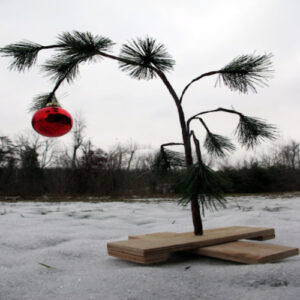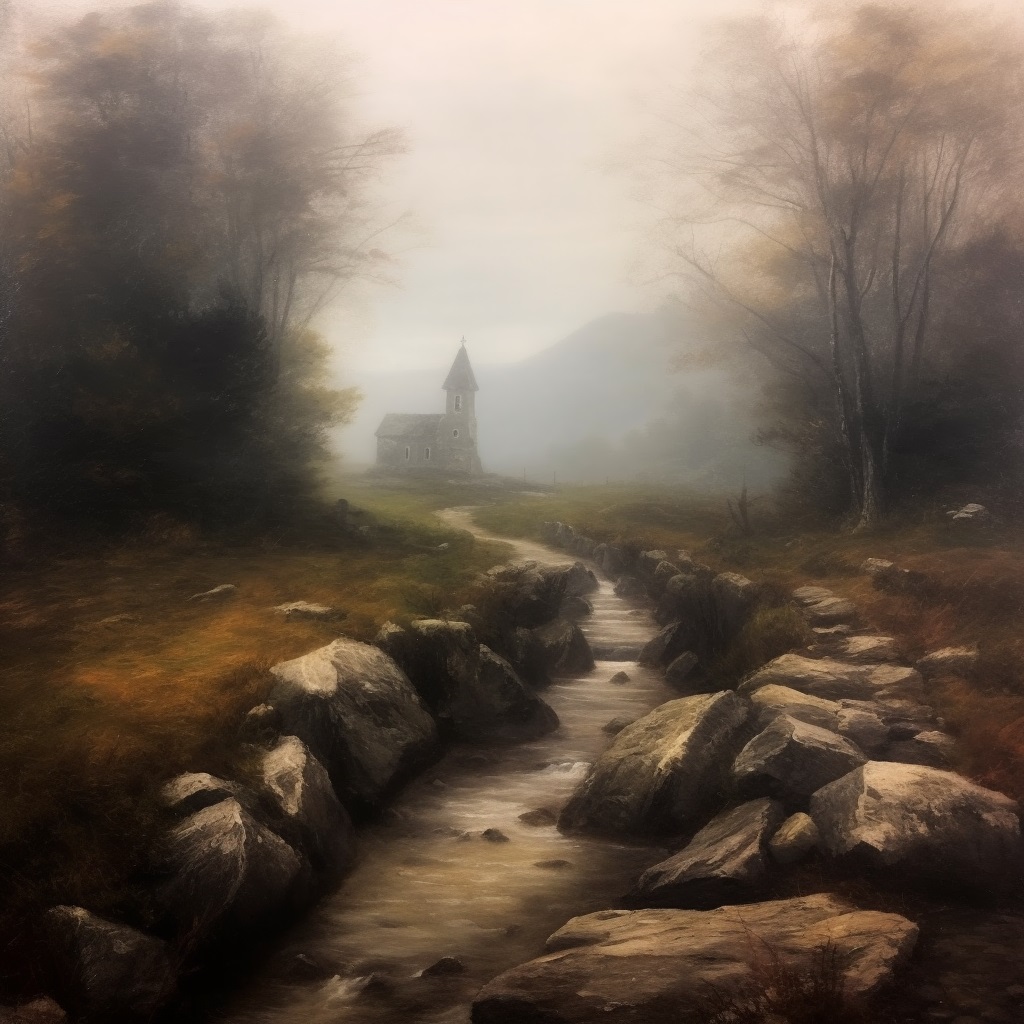I love reading about Victorian Christmases. Charles Dickens’ “A Christmas Carol” hearkens to a simpler time of Christmas worship—a respite from labor, the gathering of family and loved ones for a hearty meal and parlor games. An orange for Mary and an apple for John, and the children seemed content. There were certainly the poor, as Dickens shows, for whom even these simple delights were out of reach—the warm fire or just the ability to be inside and out of the weather, anything whatever to eat—a bit of bread perhaps. It’s mid-19th century England and America we’re looking at, and probably Western Europe in these dreamy scenes. It’s a culture we feel we’d like to reclaim at this time of year.
I certainly wanted to reclaim it in 1980. There was no way my husband and I could provide a normal American Christmas for our family of 6. In my worry, I railed against the modern, capitalistic behemoth we had made out the holiday. The kids needed to wake up on Christmas morning to a tree magically surrounded by gifts. I knew what they wanted and what the neighborhood kids would get. How do children go outside to play on Christmas day with nothing in their hands while their friends brag about their morning haul?
For all of November, my mind was in full-throttle turmoil. How had our culture gotten to the point where this was the norm? I began to hate it, in spite of the fairy tale Christmas mornings I had experienced as a child—the abundance of wrapped gifts beneath the tree appearing every year.
As my hatred for tradition grew, so did the pressure to honor it. The tradition was a huge societal mistake, but my desperation to fulfill it almost became existential—I would do literally anything to create the colorful profusion idealized by my culture. Somehow, we managed and I learned a lot through the process. In later years, we would help many families get through the same challenges. But my learning wasn’t complete. Our move to Jerusalem in 1983 added much to my experience. We got a tree that would have made Charlie Brown proud.
As Christmas approached, we learned that the local forest trees would be topped to provide Christians with free Christmas trees at Jerusalem’s Old City on December 23rd. This was joyous news until we saw the trees. We got one that would have made Charlie Brown proud—something like this, but we had no ornaments …

… and, of course, there was no snow. We made a garland of paper rings and made do with that. To further add to our Christmas decor, I had six loads of wash at the local laundromat. The business had suddenly closed for Shabbat, so those six loads had to be hung all around the apartment to dry. As time went on, we began to understand the meaning, beauty, and fun of the Jewish holidays.
As time went on, we began to understand the meaning, beauty, and fun of the Jewish holidays. Purim in the early spring was a pleasant replacement for Halloween, requiring costumes but nothing ghoulish. The Passover meal was even better than Thanksgiving (even though we joined other American friends for Thanksgiving dinners yearly, importing whole turkeys from Cyprus as necessary). Eventually, we were able to buy an artificial Christmas tree from Sears in the U.S. and purchase some gorgeous decorations in Germany. Many neighbors chose to come in and sit near the tree, soaking in the enchantment of the lights and colors. All of our Christmases there were free of the cultural pressure to buy-buy-buy. American cereal became the yearly favorite among our now six children.
Before we returned to the U.S. in 1996, we had also lived in Cyprus and Ireland, some of our kids were grown, and the youngest was 12. Our adventures abroad had tempered our expectations for Christmas, and it was all much easier.
I’d like to suggest a little experiment. Find yourself a quiet place.
I’d like to suggest a little experiment. Find yourself a quiet place alone and spend some minutes mentally rebuilding Christmas. Start with nothing—nothing at all. I think most of us would begin with Christ. What tradition can we create around only Him? Then build on that in a very personal way. Serving His children in some way—would that come next? Then continue to add on by prioritizing your own personal beliefs and desires for the season. Then you have to get buy-in from the family. We were able to do this because all cultural pressures disappeared for us. Is it possible to do this in the midst of the commercial American scene and traditions that get bigger annually? Maybe not this year, but how about next?

















